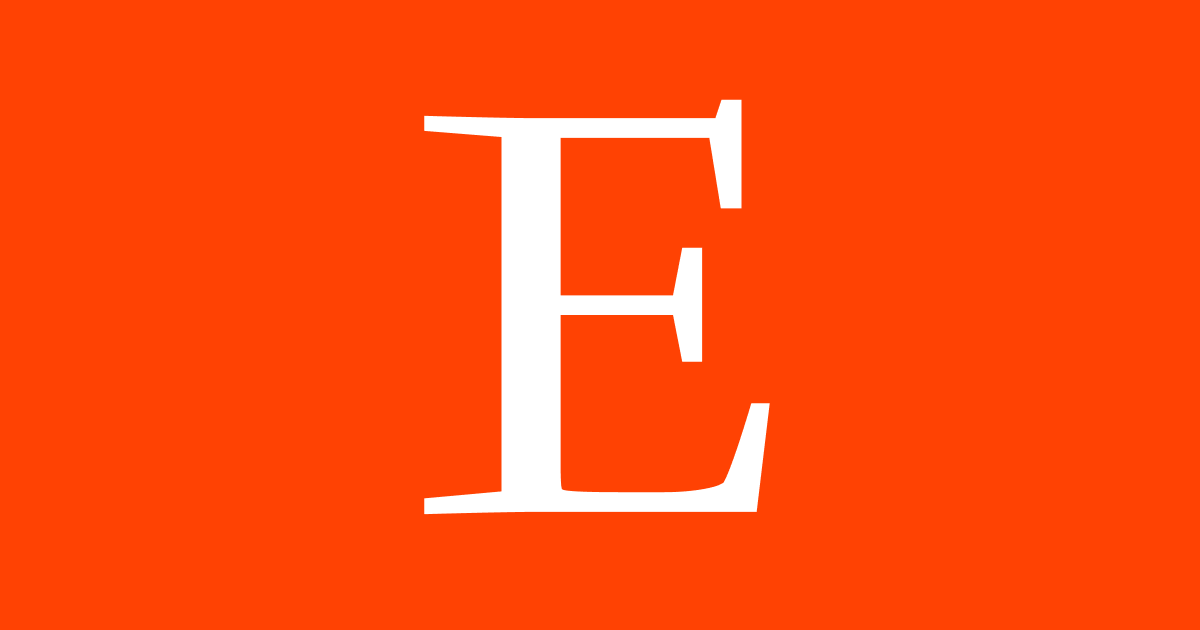Yes, the ex-publishers have essentially reversed the net flow of information: it used to flow from them to us, through the journals.
-
So true! I up your post from 2017 with one of mine from 2013:

News / Comments / What will Elsevier do with Mendeley's usage data? - blogarchive.brembs.blog
The blog of neurobiologist Bjoern Brembs
(blogarchive.brembs.net)

It looks like assuming the worst from these corporations is a really good way to predict the future.

-
@brembs I did try to change the system in 2012 though, but failed.

-
@brembs This was basically what Hypothes.is does. Linking annotations to documents, and gathering those for peer-review reports. The AGU journals now use this. But I've not come across any others.

Collaborate & Annotate with Hypothesis | Online Annotation Tool
Engage students with Hypothesis, the leading online annotation tool. Create a free account or explore education solutions today!
Hypothesis (web.hypothes.is)
-
None I know use anything like this! It should be implemented in a way such that I as an author can, e.g., just click on "accept" if I want to write what the reviewer suggested.
-
@brembs I once wrote a Google Chrome plugin which could load any PDF, and spit out an anonymous version of the annotations together with the line numbers as a text file. Sadly, the hypothes.is backend moved too fast for me to keep up. Maybe I should revisit it.
-
There is now a project at Imperial in the UK that is running an implementation with similar functionality. We just need to get rid of journals at it'll be one of the first things the replacement will have...
-
@brembs @koen_hufkens Are venues like #JOSS, #Zotero and #OpenAlex part of the solution?
-
WRT #Zotero and #OpenAlex, yes, absolutely, I'd say. However, we already have many tens of thousands of peer-reviewed journals (check OpenAlex for number of sources!). I don't think more journals will give us a solution.
Instead, we have proposed to replace journals with a modern, federated infrastructure:
https://royalsocietypublishing.org/doi/10.1098/rsos.230206This is also what the EU science ministers have concluded:
https://www.consilium.europa.eu/en/press/press-releases/2023/05/23/council-calls-for-transparent-equitable-and-open-access-to-scholarly-publications/and the cOAlition S funders:
https://www.coalition-s.org/towards-responsible-publishing/ -
@brembs @RoedigerRG @koen_hufkens
Once again, a proposal that takes no consideration whatsoever for the vital intellectual role journals play in the humanities and social sciences. Seeking to bureaucratically impose (bad) solutions to these disciplines is not a very democratic move.
-
@NBarreyre @RoedigerRG @koen_hufkens
Not sure I understand. Please point out where we write that we wish to impose our proposal on everyone and where we forbid (as if we even could!) anybody from investing more than necessary into their part of the system?
-
@brembs @RoedigerRG @koen_hufkens I was referring to the part that states it is necessary to get rid of journals. Or did I misread this part too?
-
@NBarreyre @RoedigerRG @koen_hufkens
No, of course, we propose to replace parasitic corporations with a scholar-led alternative. Do you propose we stayed with the parasites instead?
The argument (already long before this article) is commonly that most of the money goes to parasites and most parasites publish journals in STEM fields. So some of the money we save there can go back to fields that have historically been drained by the parasites indirectly: because of shrinking budgets.
-
@brembs @RoedigerRG @koen_hufkens
Ok. Stepping back. I am all for getting rid of the parasite for-profit publishers. They are a major problem. What I reacted to is the proposal, to quote you, « to replace journals with other systems », because in the social and human sciences journals do more than just peer-review and publish, and they play an important intellectual role. Maybe they could do that again in the experimental sciences but I have no idea.
-
@NBarreyre @RoedigerRG @koen_hufkens
Good that we agree on getting rid of the parasites
 Common gorund!
Common gorund!In our companion paper:
we describe (maybe more like 'suggest', lol) how modern social technologies could be leveraged much more effectively than journals to support some of the other functions jhournals have served historically.
-
@brembs @RoedigerRG @koen_hufkens Thanks for sharing. It strikes me the paper describes a type of ecosystem (learned society/journal) that’s only dominant (in my discipline at least) in some countries. Since you seem UK-based, I’d like to suggest maybe talking with the folks at Past&Present about all this?
Sorry to butt in earlier. The SHS are a dominated part of academia, and whatever happens in STEM impacts us directly, and we are rarely part of the conversation. -
@NBarreyre @RoedigerRG @koen_hufkens
I'm a biologist based in Germany and this article was co-written by a chemist from the UK, a geoscientist from the US and a humanities scholar from Canada

The roole model we use as an example in the paper is @hcommons.social Humanities Commons who to us seem really an examplar of how we think all fields of academia ought to approach social technologies.
-
@NBarreyre @RoedigerRG @koen_hufkens @hcommons.social
From the ten authors on the "replacing journals" article, about ojne third are humanities scholars.
-
@brembs @RoedigerRG @koen_hufkens @hcommons.social
Well, so it is. I’ve had that fight with (humanities) colleagues here in France during the open access debates. It’s astonishing how easily many authors can forget about all the intellectual labor done by their colleagues who work on editorial boards on the articles they eventually publish. It’s a form of invisibilization of collective labor and input that has always troubled me in today’s academia. -
@NBarreyre @RoedigerRG @koen_hufkens @hcommons.social
Last year, I talked with @tdverstynen about the labor that goes into humanities publishing. I don't see any obstacles for the humanities, only opportrunities. E.g., wouldn't the people doing all this labor, be happy to work with a functional infrastructure that makes their work easier? You know, so they don't have to struggle on remembering which button to klick or where to submit what, but actually focus on their job?
-
@brembs @NBarreyre @RoedigerRG @koen_hufkens @hcommons.social
My university, and from what I can tell a few others, have the infrastructure for building up their own online journals, magazines and books. Building a federated system would be relatively easy.
I think one of the critical issues is that we would have to fully rethink peer review. I know there have been a lot of attempts at this in the past, including by some people on this thread, but in my personal view, I think we need to deemphasize peer review and amplify an emphasis on replicability and openness. Basically, we need to scrap the entire way we think about journals and articles.

